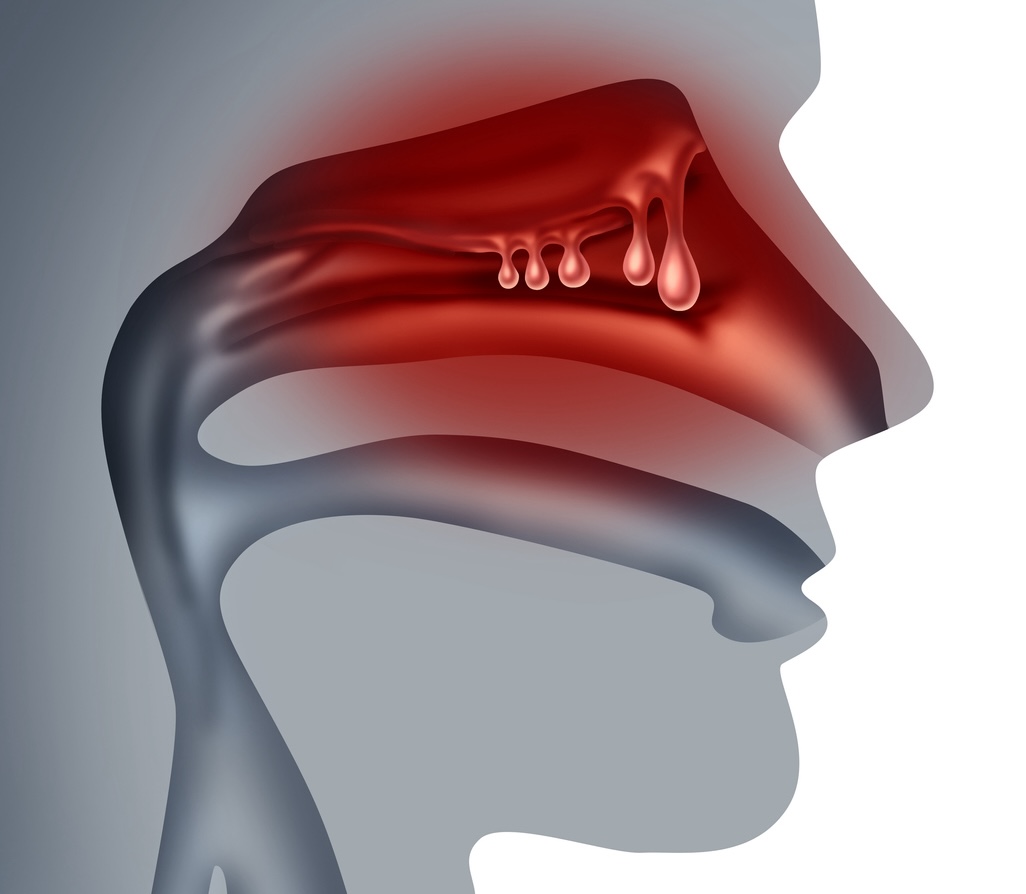Nasal Polyps: Revealing the Basics of This Common Nasal Condition

Nasal polyps are a prevalent nasal condition that affects many individuals worldwide. These non-cancerous growths develop within the lining of the nasal passages and sinuses, causing a range of symptoms that can significantly impact a person’s quality of life. Continue reading as we explore the fundamentals of nasal polyps, from their causes and symptoms to diagnosis and treatment options.
Understanding Nasal Polyps
Nasal polyps are soft, painless, and non-cancerous growths that emerge in the mucous membranes of the nasal passages and sinuses. They often appear like teardrops or grapes and vary in size. While the exact cause of nasal polyps remains unclear, certain factors are known to contribute to their development.
Causes
- Chronic Inflammation: Persistent inflammation of the nasal passages and sinuses is a primary factor leading to the formation of nasal polyps. Conditions such as chronic sinusitis and allergic rhinitis are commonly associated with the development of these growths.
- Asthma: Individuals with asthma are more prone to nasal polyps, as the inflammation in the airways can extend to the nasal passages.
- Aspirin Sensitivity: Some people who are sensitive to aspirin or nonsteroidal anti-inflammatory drugs (NSAIDs) may be at a higher risk of developing nasal polyps.
Symptoms
The presence of nasal polyps can lead to a variety of symptoms, including:
- Nasal Congestion: Obstruction of the nasal passages, leading to difficulty breathing through the nose.
- Decreased Sense of Smell and Taste: Nasal polyps can affect the ability to smell and taste.
- Runny Nose: Excessive nasal discharge is a common symptom.
- Facial Pain or Pressure: Discomfort in the face due to blocked sinuses.
Diagnosis
If nasal polyps are suspected, your ENT physician will conduct a thorough examination. This may involve a nasal endoscopy, where a flexible tube with a light and camera is used to inspect the nasal passages. Additionally, imaging studies such as CT scans may be employed to provide detailed images of the sinuses.
Treatment Options
The management of nasal polyps typically involves a combination of medical and surgical approaches:
- Nasal Corticosteroids: These are often prescribed to reduce inflammation and shrink nasal polyps.
- Antihistamines: These may be recommended to control allergic reactions that contribute to nasal polyp development.
- Surgery: In cases where nasal polyps are large or do not respond to medications, surgical removal may be necessary. Endoscopic sinus surgery is a common procedure that allows the surgeon to remove polyps and open up blocked sinus passages.
Prevention
While it may not be possible to completely prevent nasal polyps, certain measures can help reduce the risk of their development:
- Managing Allergies: Controlling allergic reactions through medication or environmental changes can be beneficial.
- Treating Sinus Infections Promptly: Timely treatment of sinus infections can help prevent chronic inflammation.
Advanced Patient Care
Nasal polyps are a common nasal condition that can significantly impact your daily life. Understanding the causes, symptoms, diagnosis, and treatment options is important for effectively managing this condition. If you suspect you may have nasal polyps, please give our office a call to schedule a consultation, or fill out our appointment request form. At North Atlanta ENT & Allergy, we’re committed to providing the highest quality and compassionate care, while offering the latest technology available.








 Make an Appointment
Make an Appointment